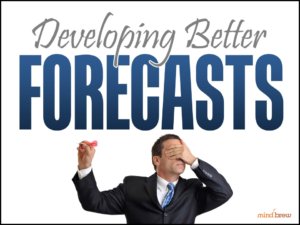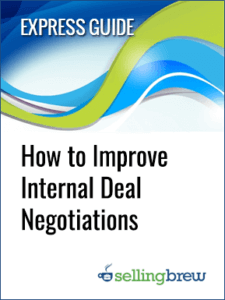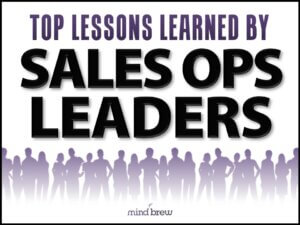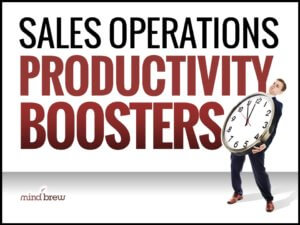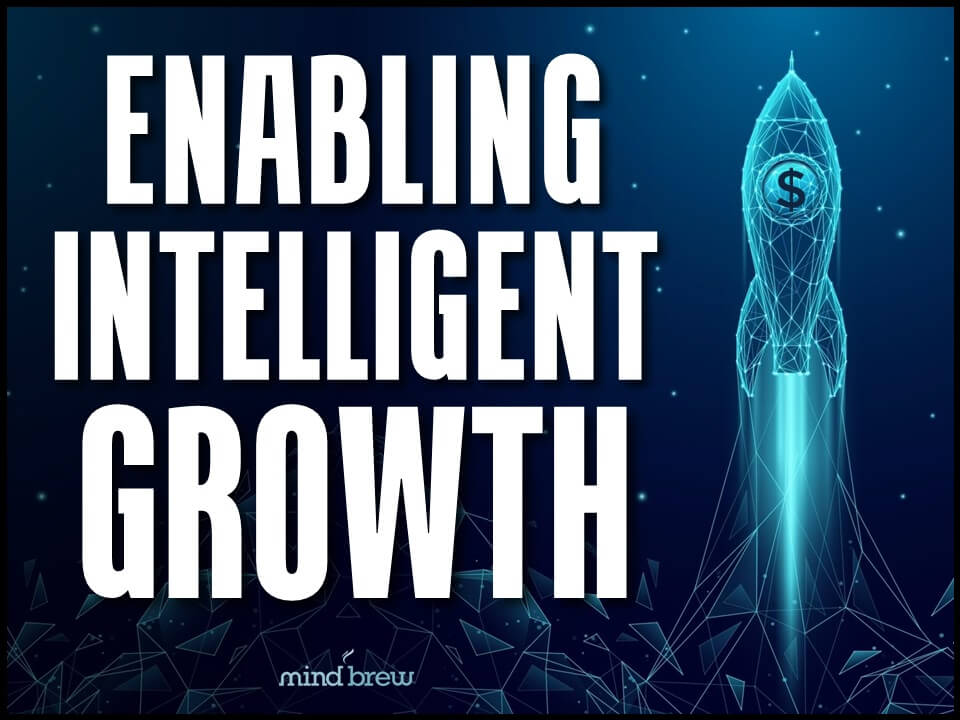In 2023, the world lost a great businessman and thinker—Charlie Munger. A lawyer and U.S. Army veteran, Munger was best-known as the Vice Chairman of Berkshire Hathaway and a long-time friend and colleague of Warren Buffett. In fact, during Munger’s teenage years, he worked for Buffett’s grandfather’s grocery store.
Folksy and affable, Munger had a knack for pithy business aphorisms that encompass profound wisdom. One of his most helpful sayings captures the essence of inversion logic. He said:
“Always flip the situation on its head and first determine the outcomes you wish to avoid. Eliminating stupid mistakes is easier than trying to execute brilliance.”
We find this approach particularly helpful for sales forecasting. It’s really easy to fall victim to a cognitive bias or slip into a thinking error when trying to predict the future. Munger’s inversion logic invites you to think about all the ways you might do a bad job and figure out how to avoid those mistakes. Here are some examples:
- Overly Optimistic Assumptions: We all hope for the best. Unfortunately, that can lead us to beliefs about market growth, customer behavior, and sales cycle times that are just too rosy. By asking yourself how your assumptions might be unrealistic, you can temper some of that natural exuberance and consider some worst-case scenarios.
- Inadequate Data: Adding a multiplier to last year’s numbers is almost never sufficient for predicting future performance. Ask yourself what information might be missing from your models—and then go out and find that information if you can.
- Lack of Analysis of Historical Performance: As the saying goes, hindsight is always 20/20. It’s really easy to look back and see why a particular forecast was correct or incorrect. It’s much harder to figure out how past failures and successes might be applicable to your current situation. Think about whether you are learning the correct lessons from history or repeating old mistakes.
- Ignoring External Factors: Sales ops teams can become so focused on their own plans and strategies that they fail to take into account factors that they don’t control. Your sales forecast might go wrong if you neglect to consider new competitive actions, economic trends, politics, or even the weather.
- Inconsistent Sales Processes: If you don’t do things the same way every time, you will get varying results. Consider how small changes in processes might skew actual results away from the forecast.
This is just a partial list, of course. The ways your forecast could go wrong are practically endless. And you will almost certainly make some mistakes.
But don’t let that get you down.
The goal of this thought exercise is not to leave you discouraged. As Munger used to say, “There’s no way that you can live an adequate life without making many mistakes.” He liked to call himself a “cheerful pessimist,” and encouraged others to adopt a similar attitude. By considering what might go wrong, you can hopefully avoid some of the worst mistakes.
We would never want to claim to be anywhere as near as wise as Charlie Munger, but we do have some other tips for improving your predictive capabilities. The webinar on Developing Better Forecasts examines what other B2B sales ops teams are doing and offers some different approaches that might be helpful.
One of Charlie Munger’s most helpful observations might be his continued insistent that you don’t have to be perfect or even really great to do well. We’ll leave you with another of our favorite Munger quotes:
“It is remarkable how much long-term advantage people like us have gotten by trying to be consistently not stupid, instead of trying to be very intelligent.”

